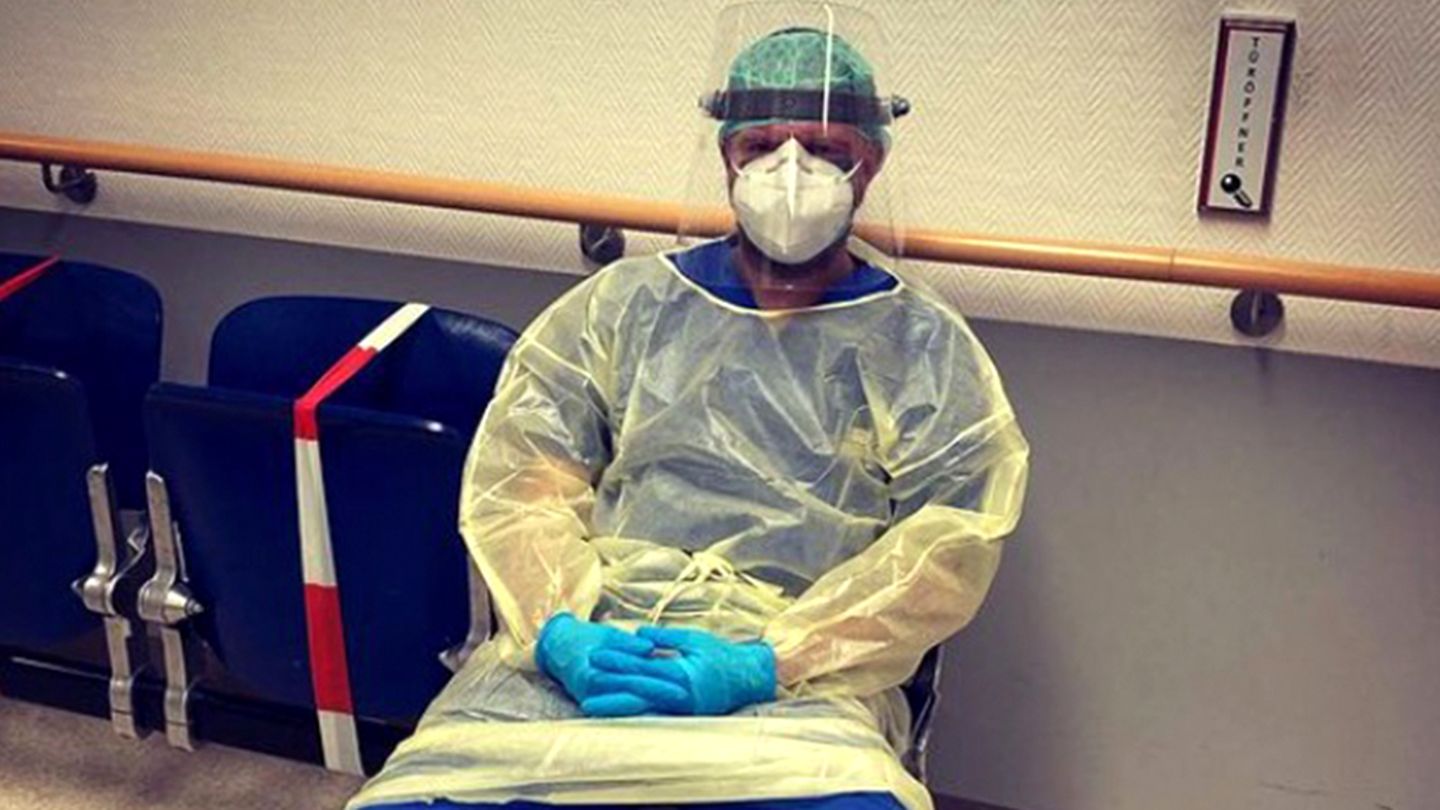Menu
Nurse Michael Steidl on the fourth wave: “A tsunami is coming our way”
Categories
Most Read
Time change again: Why hasn’t it been abolished yet?
October 13, 2025
No Comments
PFAS: Greenpeace warns about eternal chemicals in fish and shellfish
October 13, 2025
No Comments
Anxiety Rings: How anti-stress rings relieve inner restlessness
October 12, 2025
No Comments
Citizen Science: Conduct research in over 160 exciting projects
October 10, 2025
No Comments
Horses: the biggest, the smallest, the most expensive – seven curious truths
October 10, 2025
No Comments
Latest Posts

The Argentine soccer player marked by the Tragedy of the Andes: the story of Franco Nicola
October 13, 2025
No Comments
October 13, 2025 – 7:00 p.m. He shines in Argentine soccer, but he has managed to overcome a very tragic past that marked his entire

Cape Verde makes history and becomes the second smallest country to go to a World Cup
October 13, 2025
No Comments
October 13, 2025 – 18:10 A small African archipelago is celebrating: it beat Eswatini 3-0 and beat Cameroon in its group, qualifying directly for the

discounts of up to 30%, refunds and interest-free installments
October 13, 2025
No Comments
In dress discount of up to 20%, with a refund limit of $30,000 per transaction, and up to 6 interest-free installments. In perfumery There will
24 Hours Worlds is a comprehensive source of instant world current affairs, offering up-to-the-minute coverage of breaking news and events from around the globe. With a team of experienced journalists and experts on hand 24/7.

